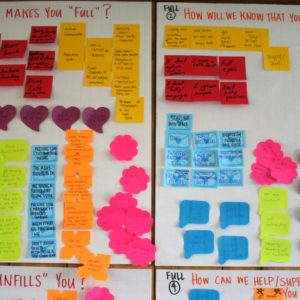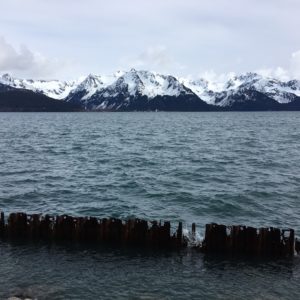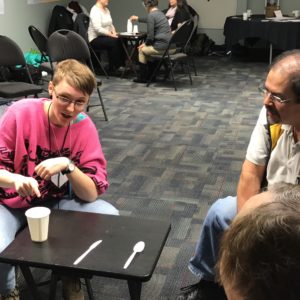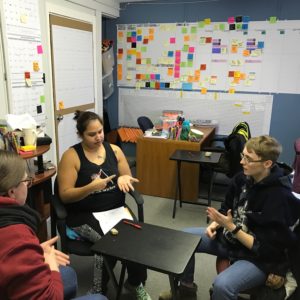I’d like to say I’ve gotten better at not panicking when I hear of a language struggling.
While mostly true, I still have a reaction – it now just feels like a dull ache in my gut, and a fluttering of my heart.
It’s an odd feeling we have here, on the WAYK team, especially for Evan and I. What do you do when you have something that can change the world – that is changing the world – but too slowly for many in need?
What do you do when you want to help – are dying to find a way to help – but you’re too new, too unknown, too poorly funded?
In some ways we may be “too successful” at what we do – if WAYK was a little more humdrum, if our experiences were less ecstatically successful, it might be more believable. People we speak to about it might have an easier time with less of a radical paradigm change, and thus know what to do with WAYK, know how to access it. But there it is – we’re stuck with where we’re at. We’ve gone too far to turn back.
It wouldn’t surprise me that this time next year, we will have broken through into some level of mainstream awareness, so that people who need our work can find us. What is difficult are the weeks between now and then. Every two weeks, a language dies. For the endangered languages that don’t die, their elderly speakers forget more of the language, are more marginalized by modern culture, every week. Cultures die slowly by a thousand cuts, not just by short-term genocide.
For the language-communities we are helping, and will help, to bring themselves back to a full flowering of daily conversational life, I am grateful. It is a blessing, something truly amazing to be a part of. Balancing that with the ones we couldn’t help, who needed us but who we couldn’t reach in time, is still so very difficult.
Deep breaths. And a long view.





